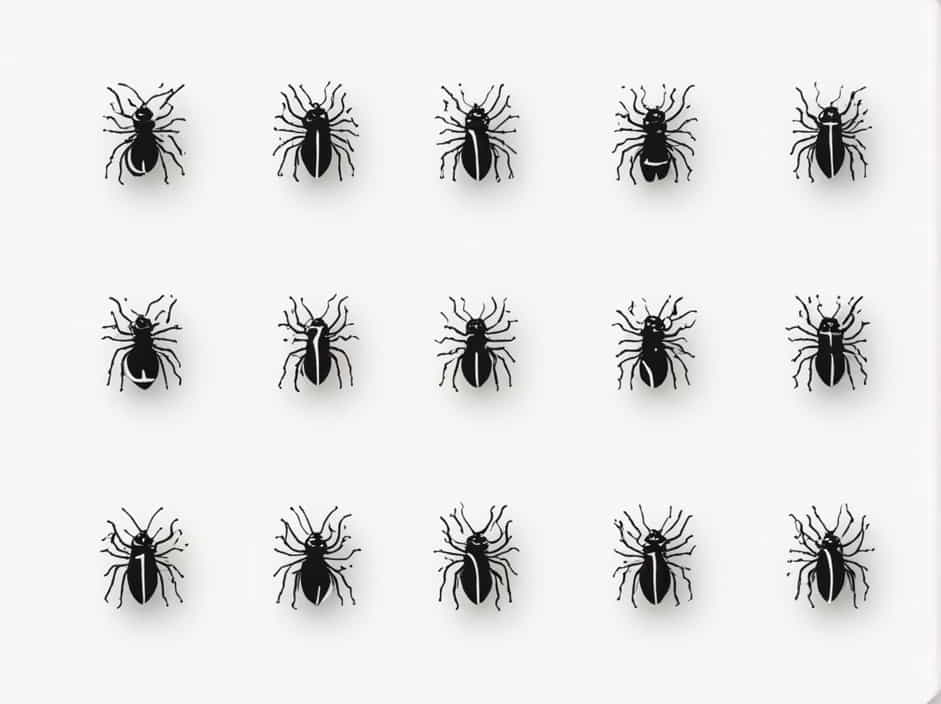As the cold months approach, animals and insects prepare for the harsh conditions ahead. Among them, ants are well-known for their diligent work in gathering food for the winter. Their relentless effort serves as a powerful lesson in preparation, teamwork, and survival.
Why Do Ants Gather Food for Winter?
Unlike some animals that hibernate, ants remain active underground during winter. However, food sources become scarce, making it essential for them to stock up beforehand. Their survival depends on the resources they collect during warmer months.
1. Ants’ Survival Strategy
Ants operate in well-organized colonies, where each member has a role. Workers are responsible for gathering food, while the queen focuses on reproduction. The food stored in their nests ensures the colony’s survival until spring.
2. Types of Food Ants Collect
Ants are not picky eaters. Their diet includes:
- Seeds and grains
- Fruits and vegetables
- Sugary substances like nectar
- Proteins from insects and small creatures
These food items provide the necessary nutrients to keep the colony strong throughout winter.
The Hardworking Nature of Ants
Ants are often used as a symbol of hard work and persistence. Their ability to work tirelessly without distraction is something humans can learn from.
1. Teamwork in the Colony
Ants rely on teamwork to accomplish their goals. Each ant has a specific duty, and through cooperation, they efficiently gather and store food. This level of coordination ensures that no effort goes to waste.
2. Persistence Despite Challenges
Weather conditions, predators, and competition from other insects do not deter ants. They overcome obstacles through determination and adaptability, proving that persistence leads to success.
Lessons Humans Can Learn from Ants
Observing ants can teach valuable lessons applicable to everyday life.
1. The Importance of Preparation
Just as ants prepare for winter, people should plan ahead in various aspects of life, such as finances, education, and career growth. Preparation minimizes risks and ensures stability during tough times.
2. Working Smart and Hard
Ants do not work randomly; they follow an efficient system. Similarly, humans should focus on productivity rather than mere busyness. Strategic planning leads to better results.
3. Community and Cooperation
Ants prioritize the well-being of their colony. Likewise, strong communities thrive when individuals support one another. Teamwork in workplaces, families, and social groups leads to collective success.
The way ants gather food for the winter highlights their intelligence, discipline, and foresight. Their actions remind us of the importance of preparation, hard work, and teamwork. By adopting these principles in our daily lives, we can build a more stable and successful future.
